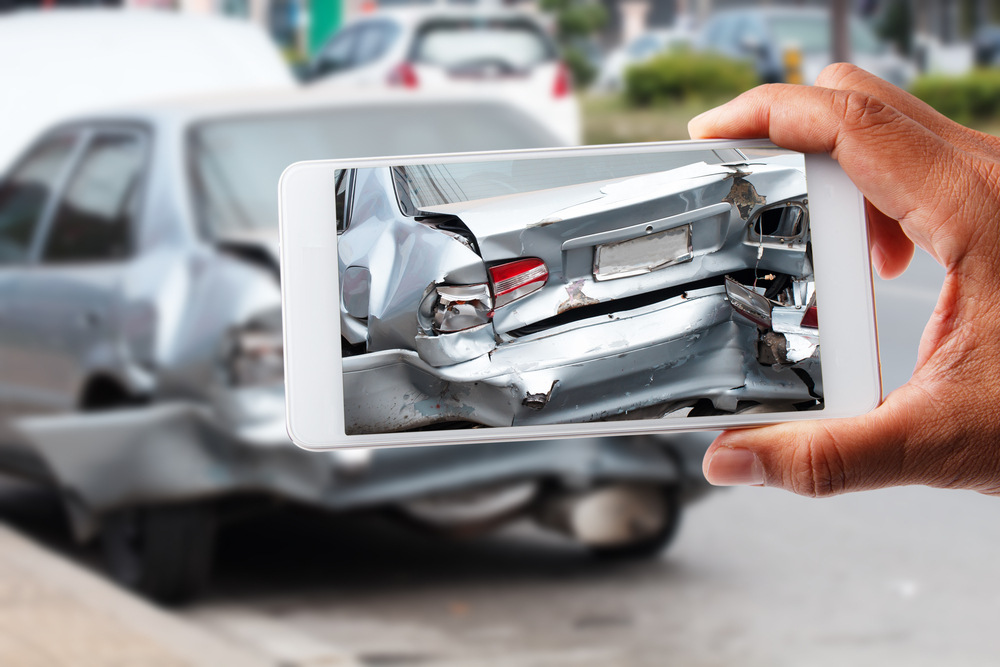Table of Contents
- Introduction
- Photographic and Video Evidence
- Witness Testimonies
- Police Reports
- Medical Records
- Expert Opinions
- Digital Evidence
- Conclusion
Collecting the proper evidence is crucial for ensuring a solid case when involved in a car accident. The quality and type of evidence can significantly impact the outcome of your claim, whether you are seeking compensation for damages or defending yourself against accusations. Understanding what car accident case evidence is necessary will strengthen your position and improve your chances of a favorable outcome. Many people want to know exactly what kinds of proof they may use to support their arguments. This book will provide practical insights and pointers as it walks you through the evidence that might support your automobile accident case. Compiling accurate information guarantees that your rights are upheld and your claims are supported, from photographic proof to professional judgments.
Photographic and Video Evidence
One of the most compelling types of evidence is photographic and video evidence. Capturing the accident scene, vehicle damages, road conditions, and any visible injuries can provide a clear, visual account of what transpired. Modern smartphones make it easy to take high-quality photos and videos immediately after the accident, which can be invaluable later. To maximize this evidence, capture multiple angles and include any surrounding elements such as traffic signs, signals, and skid marks. Videos can add context that still images might miss, capturing the environment and dynamic events. Additionally, consider recording brief statements from all involved parties and witnesses at the scene to provide further clarity on the circumstances.
Witness Testimonies
Witness testimonies can offer an unbiased perspective on the events leading up to, during, and after the accident. Collecting statements from bystanders who witnessed the accident can help establish a timeline and corroborate your version of events. These testimonies are beneficial when there are conflicting accounts of the accident. Ensure that you gather contact information from these witnesses for future reference. In some cases, witnesses can provide details that might not have been obvious immediately after the accident. Their statements can add weight to your evidence, especially if they align with the accounts provided by the involved parties. Remember that a well-corroborated testimony can significantly strengthen your case.
Police Reports
Involving law enforcement is essential for creating an official record of the accident. Police reports often contain crucial details such as the circumstances of the crash, preliminary assessments of fault, and any citations issued. Getting a copy of the police report can be a foundational document in your case. Understanding the official perspective can help clarify disputed facts and provide a basis for further investigation. Police reports can offer a neutral, third-party account of the accident scene and its immediate aftermath, which is often crucial in legal proceedings.
Medical Records
Documenting your medical treatment following the accident is critical for proving the extent of your injuries and their impact on your life. Medical records, including emergency room visits, physician notes, diagnostic tests, and rehabilitation reports, can strengthen your case. Accurate and detailed medical records help validate your compensation claims compensation claims, illustrating the accident’s immediate and long-term effects on your health. Ensure that you keep all receipts and documentation related to your medical care. These records not only substantiate the physical and emotional trauma suffered but also highlight the financial burden of medical treatment, thus strengthening your compensation case.
Expert Opinions
Expert opinions can provide additional credibility to your case. Accident reconstruction specialists, medical experts, and forensic analysts can offer in-depth insights that may be beyond the comprehension of laypersons. These experts can testify regarding the accident’s cause, the injuries’ severity, and future medical needs. Using expert testimony can be particularly beneficial in complex cases where the fault is unclear or where there are disputes over the extent of injuries. Their specialized knowledge can offer a persuasive argument in your favor. Expert opinions fill in the gaps that other types of evidence may leave open, providing a well-rounded and thoroughly substantiated argument in your favor.
Digital Evidence
In today’s digital age, digital evidence such as GPS data, dashcam footage, and social media posts can play a pivotal role in your case. For instance, GPS data can corroborate the speed and location of the vehicles involved, while dashcam footage can provide an unbiased account of the accident. Social media posts can reveal admissions or statements from the parties involved. Digital evidence can be challenging to dispute, given its objective nature and the difficulty of tampering. Recording data from these digital sources as soon as possible after an accident can ensure its accuracy and integrity.
Conclusion
Compiling a robust portfolio of evidence will significantly enhance the strength of your car accident case. By utilizing photographic and video evidence, witness testimonies, police reports, medical records, expert opinions, and digital evidence, you can better ensure a favorable outcome. Remember, the thoroughness and accuracy of the evidence you gather can make all the difference in achieving justice and obtaining the compensation you deserve.
Stay in touch to get more news & updates on Discovertribune.Org!




